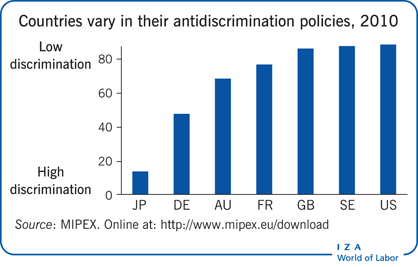Elevator pitch
The use of anonymous job applications to combat hiring discrimination is gaining attention and interest. Results from a number of field experiments in European countries (France, Germany, the Netherlands, and Sweden are considered here) shed light on their potential to reduce some of the discriminatory barriers to hiring for minority and other disadvantaged groups. But although this approach can achieve its primary aims, there are also some cautions to consider.

Key findings
Pros
Anonymous job applications can prevent discrimination in the initial stage of recruitment.
Anonymous job applications may boost job offer rates for minority candidates.
Anonymous job applications signal a strong employer commitment to focus solely on skills and qualifications.
Standardized anonymous job application forms are an efficient implementation method.
Job applicant comparability may increase with the use of anonymous job applications.
Cons
Anonymous job applications have the potential to reduce discrimination only when discrimination is high.
Anonymous job applications may simply postpone discrimination to later in the hiring process.
The full potential of anonymous job applications can be realized only if there are no broad structural differences between applicant groups.
Suboptimal implementation of anonymous job application procedures can be costly, time-consuming, and error-prone.
Context-specific information may be interpreted disadvantageously if the candidate’s identity is unknown.